Some media and just Internet users write that sharks never sleep because they need to constantly move for their gills to work. 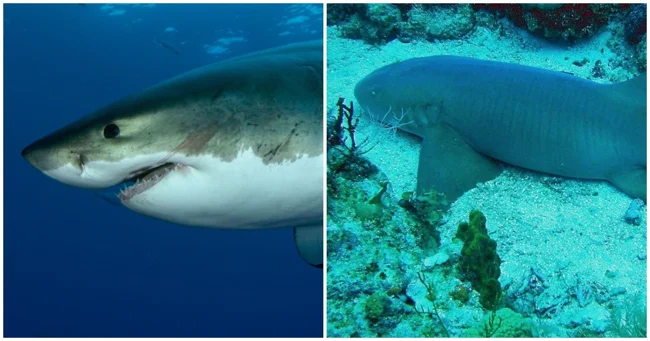
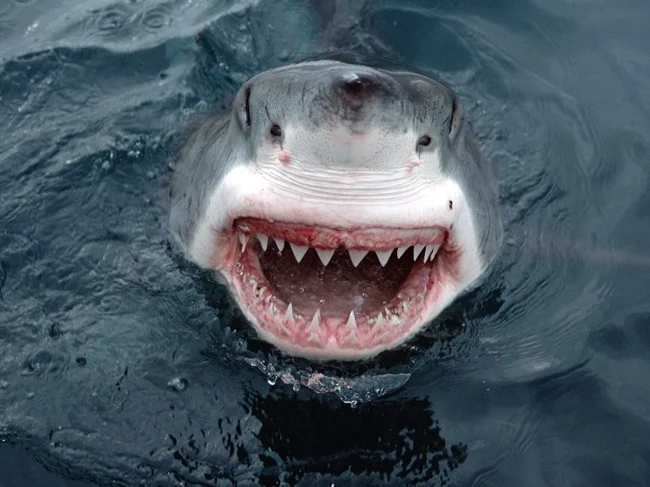
More than 500 species of sharks are known - from small ones measuring only 16 cm to the whale shark, which can reach 19 meters in length. Sharks, by the way, existed 400 million years ago. Most shark species live in salt water, but freshwater sharks are also found. 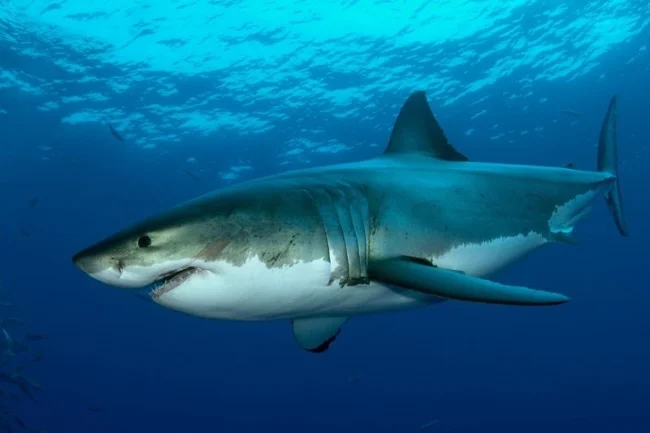
They breathe by obtaining oxygen from water passed through their gills. In front of the pectoral fins there are from five to seven gill slits, and on the walls of the pharynx (inside) there are rows of gill filaments on the gill arches. It has long been theorized that due to weak jaw muscles, sharks can only ventilate their lungs passively or flow-through - that is, when they move. And if she stopped, she could simply suffocate. 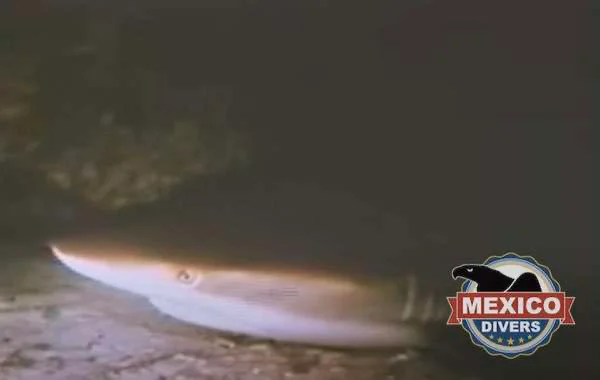
Shark at the bottom of the Cave
But it's not so sad. On the coast of the Yucatan Peninsula there is an entire Cave of Sleeping Sharks, which was accidentally discovered by scuba diver Carlos Garcia Castilla in 1969. He saw sharks swim into this cave and stay there for a long time. The fisherman shared what he saw with environmentalist and diver Ramon Bravo. When they plunged into the cave, they saw a blunt-nosed shark lying motionless at the bottom and sleeping sweetly. 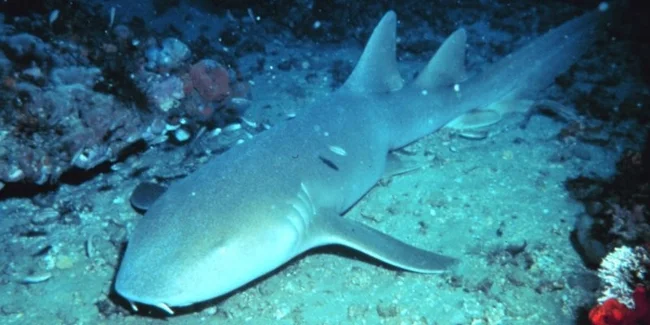
Bravo was able to take a photo and showed it to shark scientists. The community became interested in such a strange location, and already in 1970, Ramon Bravo became a guide to the Cave for Jacques-Yves Cousteau. 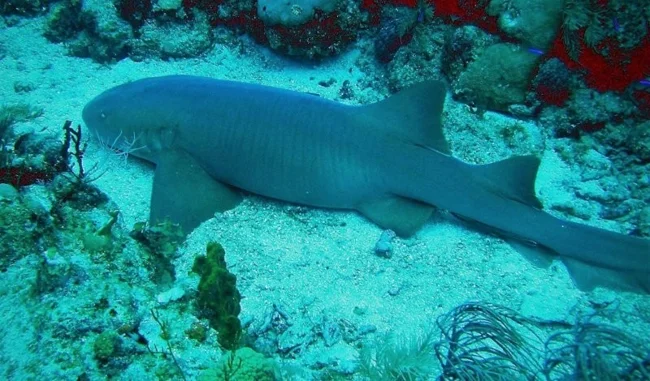
Scientists have concluded that the water in this place is not so salty due to the influx of fresh water from the land, and underwater springs from the bottom of the cave enrich it with oxygen bubbles, which can put fish to sleep. And since the water flow is more active due to the system of underwater channels, sharks can lie down to rest and sleep, being motionless. 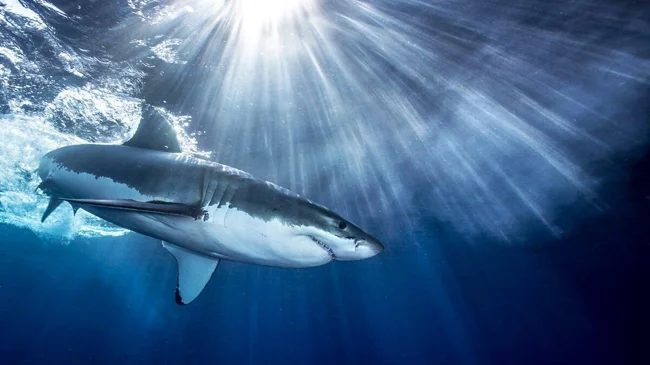
But divers noticed that some fish still watch the guests who entered the Cave, so they cannot be considered fully asleep. But at least the Cave of Sleeping Sharks showed that sharks can stay in one place for a long time without dying. 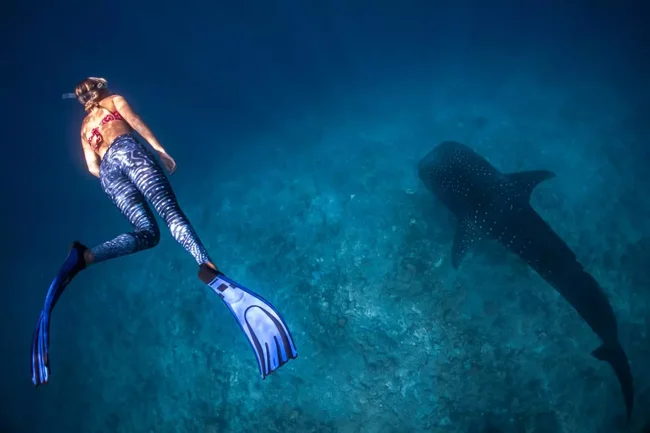
In 2022, a group of scientists made another discovery: when a shark is at rest, its metabolic rate decreases, which is a sign of sleep. Sharks consume less oxygen at this time, like all animals during sleep. It is interesting that during the rest period the sharks did not cover their eyes - under artificial light they closed them, but in the dark about 38% of the fish existed with their eyes open, despite the fact that by all other indicators they were sleeping. Closed eyes were just an escape from the light. It turns out that some sharks are still resting.
0 comments

